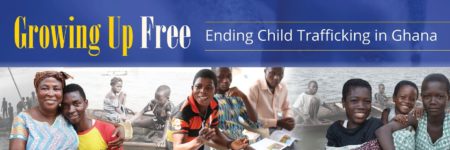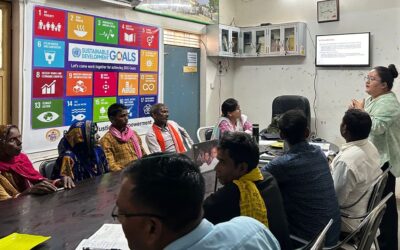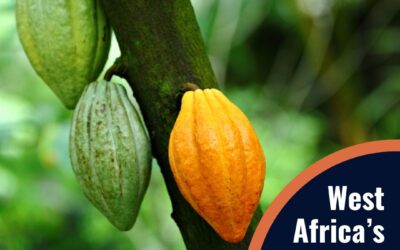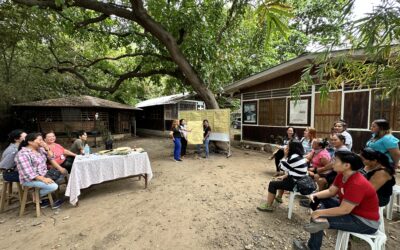When they first arrived at the rescue shelter, you could see in their eyes that these children had endured the unimaginable. “We were tied with ropes and beaten, with no food for the day,” they said. “We slept on the bare floor with no blankets.”
For these three kids, however, life wasn’t always slavery. The cousins had a typical childhood with their parents. Dziwonya, Christopher and Esenam lived in the Ghanaian village of Havaleh. They went to school and life was good — until an auntie convinced their parents that she could find them a better education in her village. She sold them to traffickers instead.
Dziwonya and Christopher were forced to wake up at 3 a.m. for fishing on Lake Volta. They returned to shore in the afternoon to mend torn nets, then went back to the lake to fish again until late in the evening. They were beaten when they failed meet their slaveholder’s expectations. Esenam was tasked with endless household chores and hauling each day’s catch from shore and prepare the fish for smoking.
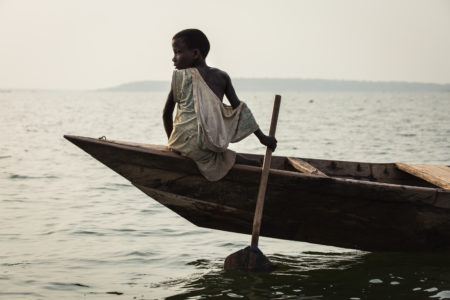
Lake Volta fishing | Image: FTS/Teague
The work was difficult and dangerous. Sudden storms are common on Lake Volta, the world’s largest reservoir. More than 3,000 square miles of water swallow boats and all aboard. When children are sent underwater to untangle nets snagged by submerged trees, the dive is often deadly. On Lake Volta, there is no education or healthcare. Only long working hours and violent abuse.
Fortunately, the Free the Slaves Community Liberation Model brought freedom to these three children. Our front-line partner group INGH provided intensive education on child rights, the impact of heavy labor on child development, and Ghana’s laws about child trafficking. That prompted Havaleh villagers into action to bring Dziwonya, Christopher and Esenam back home. A local assemblyman threatened the slaveholder with arrest if they weren’t all released.
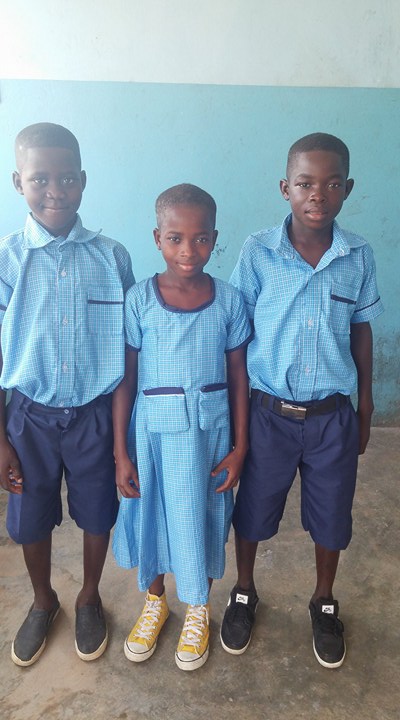
INGH and Ghana’s Department of Social Welfare and Development provided medical, psychological and educational support. Now, these young Ghanaians have their eyes on the future.
Dziwonya, the quiet one, says, “I want to be a policeman!” Christopher says, “I want to become a teacher!” And Esenam? “I want to become a nurse!”
Their story underscores how the Free the Slaves Growing Up Free Project is building community resistance to child trafficking and rescuing trafficking victims from slavery on Lake Volta. The initiative supports the formation and implementation of a comprehensive, integrated plan for prevention, rescue, prosecution, rehabilitation, reintegration, education, wrap-around social services, the development of market-based livelihoods for vulnerable families, and the formation of communities united in the determination to drive slavery from their midst. Learn more here.
Our work is possible because of generous contributions from Free the Slaves supporters just like you. Please make or renew your annual donation during our 2018 “It Starts With Freedom” year-end campaign. Thanks.

